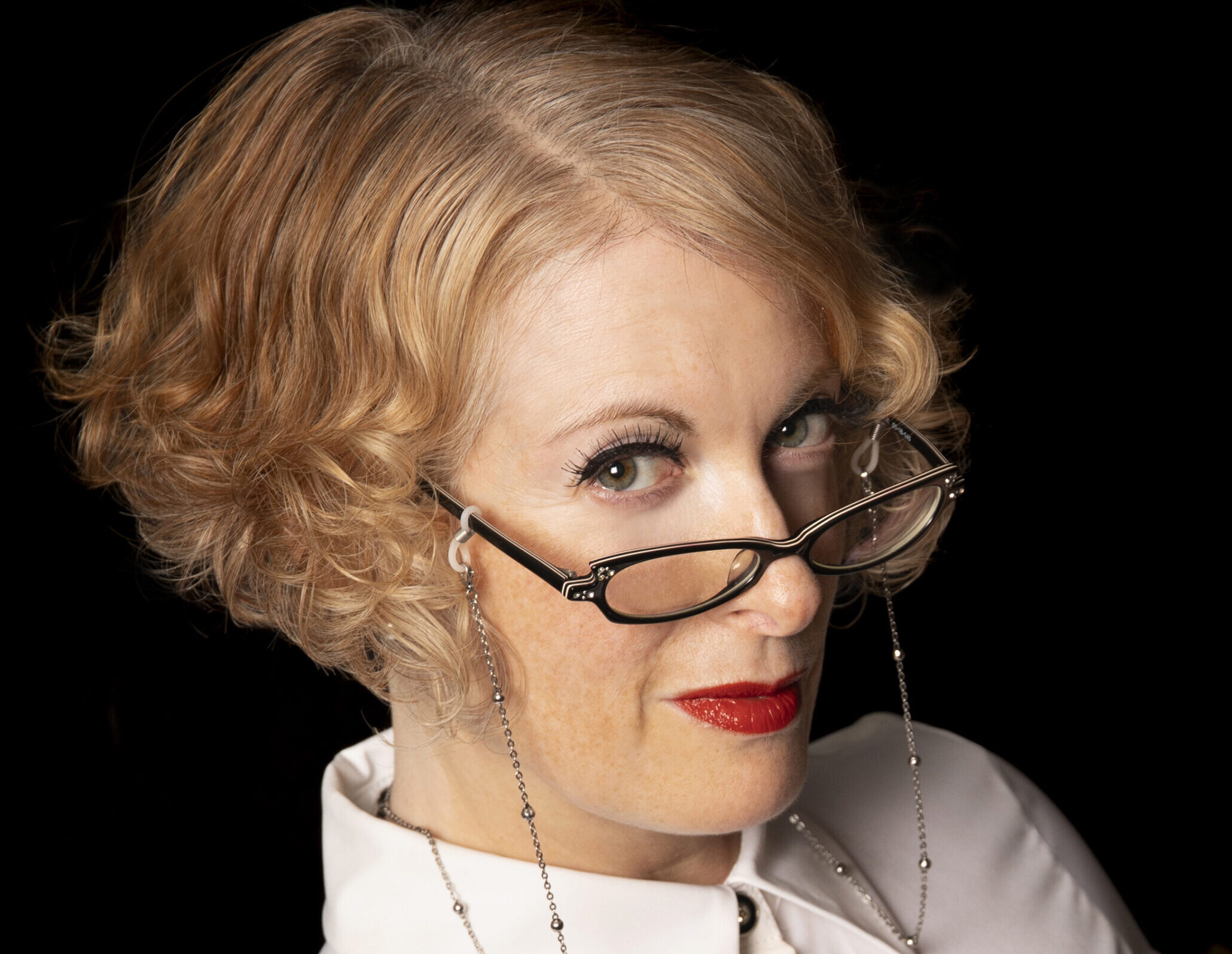For Mattea Kennedy, a day at work might include a negotiation about nipple coverage, or carefully mapping out a makeout session.
Kennedy is an intimacy coordinator for film and television. She’s worked on Molly McGlynn’s coming-of-age feature Fitting In, starring Maddie Ziegler, and the upcoming drama Everything’s Going to Be Great. Her work can also be seen in several Canadian productions including Bria Mack Gets a Life, Brother, and One More Time.
“Sometimes people say, well, intimacy coordinators, they’re just sex police. They just shut you down on any sexual content,” Kennedy say. “That’s not really true. I’d argue the opposite. I say we’re facilitators of simulated sex.”
Kennedy is certified by the Intimacy Professionals Association in Los Angeles, one of 11 intimacy coordinator training programs worldwide accredited by SAG/AFTRA. An intimacy coordinator is defined by SAG/AFTRA as “an advocate, a liaison between actors and production, and a movement coach and/or choreographer in regards to nudity and simulated sex and other intimate and hyper-exposed scenes.”
The role is multi-faceted, and involves communicating with directors, crews, and performers before, during, and after a shoot, as well as coordinating the logistics of intimate scenes to make them look as real as possible.
“A script might say, ‘the couple fall to the bed and make passionate love’. But what are the nuts and bolts of that? Who initiates which action and how long does it take? How much do we see and how long do we see it for? I have to ask all of those nitty-gritty questions,” Kennedy says.
On the set of Fitting In, Kennedy worked with director Molly McGlynn on approximately 30 scenes. “It was such a beautiful experience,” Kennedy says. “She really supported my department. She was clear right from the outset that she wanted an intimacy coordinator.”
She explains that while McGlynn would have to analyze everything about a single shot—lighting, sound, dialogue, performances—Kennedy could hone in on the intimacy, and advise on how to make it look authentic. “She would take my notes immediately because she knew that she could trust me…she really had my back.”
An intimacy coordinator is a relatively new role that became widespread in the years following the #MeToo movement. Major networks like HBO, Netflix, and Amazon committed to hiring intimacy coordinators, and they were soon working on the sets of the most popular series on television, from Euphoria to Bridgerton to Sex Education. The demand has continued long after the height of #MeToo—three of this year’s Best Picture nominees, Poor Things, Oppenheimer, and Maestro, had intimacy coordinators on set.
“More and more, as an industry, we understand the relevance and the value,” says Kennedy. “Long gone are the days when we would ever expect a performer to engage in any kind of stunt without a stunt coordinator. We are the cousin to that discipline.”
A day on set for Kennedy can involve negotiations about the shot lengths of a nude scene, or working closely with the wardrobe department to determine how much an item of clothing will reveal. With so many factors to consider, she’s always strategizing ways to accommodate the boundaries, injuries, allergies, and sensitivities of everyone involved.
“With intimacy, people are very close to each other. So I always say, even if you don’t have an allergy…maybe you don’t like the smell of lemons? Or maybe you don’t like the smell of almonds, it’s not an allergy, but you just don’t want that body lotion on you!”
Once Kennedy irons out all the details, a rider to the performer’s contract (often called a nudity or intimacy rider) lays out the specifics of the intimate scene—but the performers always have 48 hours to reconsider before shooting. On set, Mattea ensures that requests outside the rider’s scope aren’t added at the last minute. “We can always take something away, but we would never, ever add something,” she says.
Intimacy coordinators still regularly face resistance to their role, and even outright refusal. Actors like Jennifer Aniston, Toni Collette, and Michael Caine have recently made headlines for questioning the need for intimacy coordinators. Kennedy says that her presence on set speaks to the ethos of a production, regardless of whether every performer needs her support.
“When a production makes the decision to bring an intimacy coordinator into a project, they are very clearly showing that they stand behind that role, that they take it seriously and that they’re offering that support,” she says. “Every situation is different. I’m a support person. And if they don’t need my support, that’s absolutely fine.”
With experience as a nude life model, a background in photography, theatre, and stage management, and experience with kink, BDSM, and polyamory, Kennedy has had a unique journey to her role. For her, the job is an act of service. “What is the most gratifying for me is when the people that I work with tell me ‘Oh, it was so great that you were here’…whatever that means to them.”
To her, the careful considerations of an intimacy coordinator, as well as the culture of inclusivity and respect they foster, are not only evident on screen, but are making an impact in the industry at large.
“It’s brought a more holistic understanding, compassion, and empathy that is clearer and more tangible now across the industry—in a way that I think is really positive.”



 Follow Us On Instagram
Follow Us On Instagram
